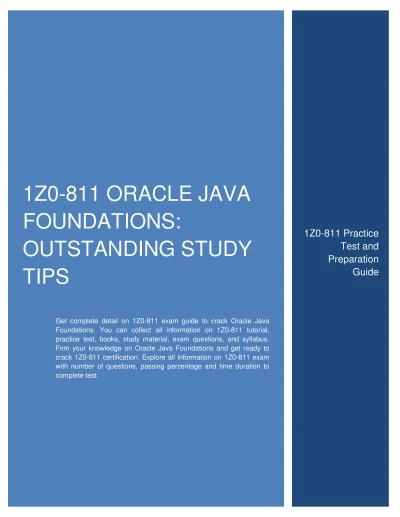PDF-[READ]-Citizen Subject: Foundations for Philosophical Anthropology (Commonalities)
Author : ElizabethBaxter | Published Date : 2022-09-27
What can the universals of political philosophy offer to those who experience the living paradox of an inegalitarian construction of egalitarian citizenship Citizen
Presentation Embed Code
Download Presentation
Download Presentation The PPT/PDF document "[READ]-Citizen Subject: Foundations for ..." is the property of its rightful owner. Permission is granted to download and print the materials on this website for personal, non-commercial use only, and to display it on your personal computer provided you do not modify the materials and that you retain all copyright notices contained in the materials. By downloading content from our website, you accept the terms of this agreement.
[READ]-Citizen Subject: Foundations for Philosophical Anthropology (Commonalities): Transcript
Download Rules Of Document
"[READ]-Citizen Subject: Foundations for Philosophical Anthropology (Commonalities)"The content belongs to its owner. You may download and print it for personal use, without modification, and keep all copyright notices. By downloading, you agree to these terms.
Related Documents

![PDF-[READ]-Citizen Subject: Foundations for Philosophical Anthropology (Commonalities)](https://thumbs.docslides.com/956303/read-citizen-subject-foundations-for-philosophical-anthropology-commonalities-l.jpg)












